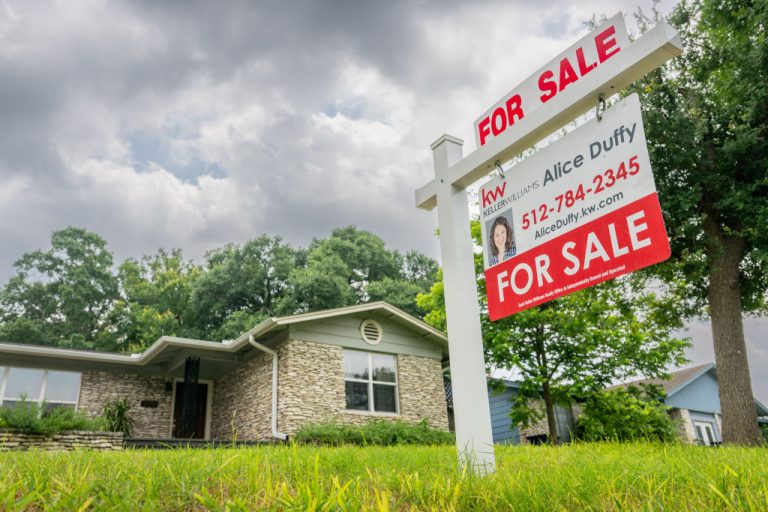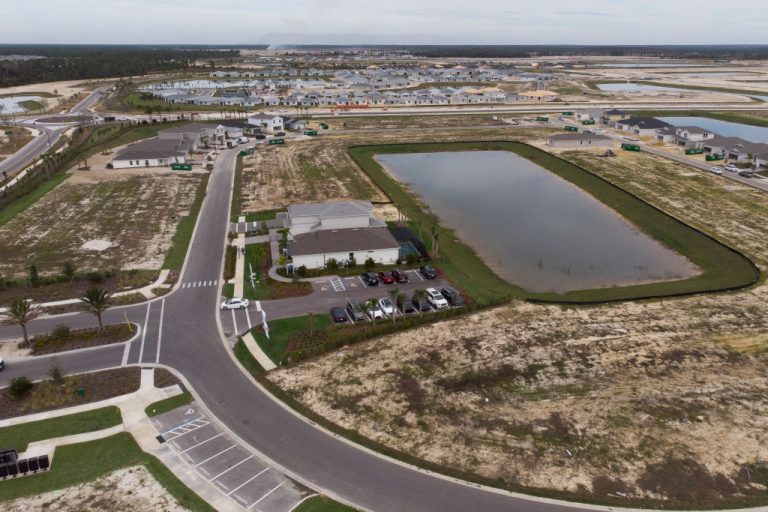On June 8, Nick Gerli, founder and CEO of Reventure Consulting, warned that several southern U.S. states are at risk of experiencing a real estate crisis due to an oversupply of inventory and declining demand.
Home builders in the region responded to the demand for more homes during the COVID-19 pandemic by escalating construction as migrants from other states, seeking more affordable living conditions, flocked to states like Texas and Florida.
“A massive housing bubble has developed, and is about to pop, in the South. The number of new homes for sale in the Southern Region (FL, GA, TN, TX, etc.) has spiked up to nearly 300,000. This is the highest level of all-time. Even higher than the previous bubble peak in August 2006. Before the massive crash,” Gerli posted to X.
Gerli argues that demand, driven by the pandemic, resulted in prices soaring, a trend that has now begun to reverse itself. Prices are now beginning to drop in lockstep with a decline in demand.
“I know this sounds very bearish on Southern real estate. But ultimately it’s pretty simple. Home builders and investors rampantly speculated in this housing market the last 3-4 years. And prices went far above what locals can afford. And created a bubble,” Gerli posted to X, adding, “Now that bubble is – slowly – popping. And it could start to pop pretty fast if a Recession is thrown into the mix.”
READ MORE:
- Proposed Regulations Capping Overdraft and Late Fees Will Drive Up Costs for Customers, JPMorgan says
- US Supreme Court Rules Presidents Have ‘Some Immunity’ From Criminal Prosecution
- America ‘On Schedule’ for 2026 Moon Landing, NASA Head Says Following Chinese Chang’e-6 Mission
Success
You are now signed up for our newsletter
Success
Check your email to complete sign up
Some markets normalizing
Others however believe some markets in the South have begun to stabilize following years of volatility.
Danielle Hale, chief economist at Realtor.com, recently told Newsweek, “In our data, it is clear that the southern markets are the most normalized in Austin and San Antonio, for example, there are more homes now for sale than there were before the pandemic. So there is greater availability in the South and we are seeing that affect pricing.”
Housing prices in communities in Austin, for example, are down three percent year-on-year, Hale said.
She argues that the country as a whole needed to build new homes to meet demand and that the American South did a better job than other parts of the country in meeting this demand.
Hale said, over supply, leading to lower prices “attracted a lot of households from other regions” and that her expectation is that these conditions “will continue to draw in people” and that the relative affordability in the region will “continue to be an advantage.”
She added: “So I don’t think we’re going to see a crash, but it is the case that inventory of homes for sale are less scarce in the South now than they have been over the past few years.”
READ MORE:
- Economic Woes Drive Chinese Investors to Foreign Markets Amid Mass Exodus
- US Expands Sanctions on Chinese Firms Supplying Russia’s War Effort
- EU Follows US Lead by Slapping Tariffs on Chinese EVs, Sparking Retaliation Threats
2008 housing crash unlikely to repeat
A real estate crisis like what was experienced in 2008 is not expected to repeat as many homeowners now boast significant equity in their homes, particularly in the South.
“Historically, Florida, for example, has a high share of homeowners that own their home outright. It’s the case that nationwide there’s a lot more equity in housing right now and that does make it less likely that we’ll see the kind of price declines that lead to trouble that we saw in the mid-2000s,” Hale told Newsweek..
If there is a crisis, it will most likely remain regional.
Gerli pointed out that other regions in the country are not experiencing the same challenges as the South.
“We won’t see a housing crash in the Northeast and Midwest. Home building there is at very low levels. As is speculative inventory activity,” he posted to X, adding that, “Prices in these regions are also less overvalued. And inventory is much lower.”
“Perhaps there’s a housing correction eventually in Northeast/Midwest. But for now – these markets are holding strong,” he wrote.







